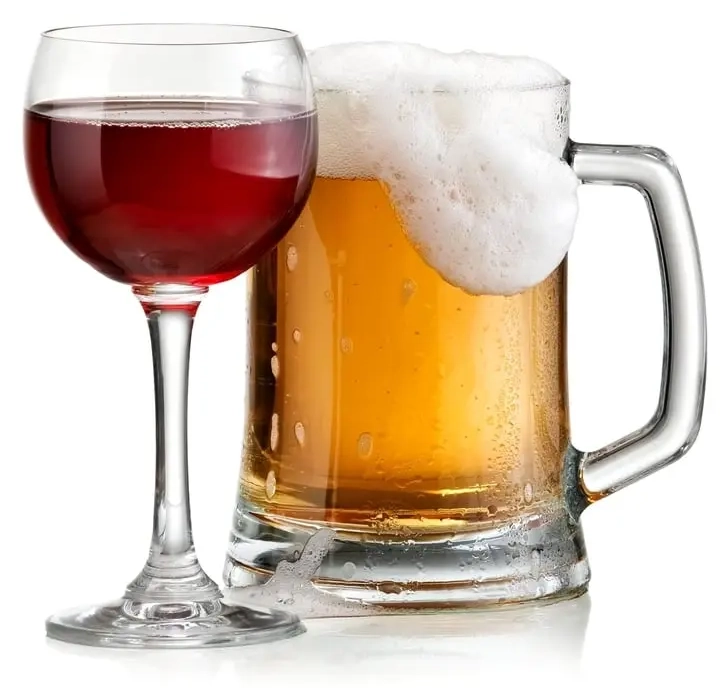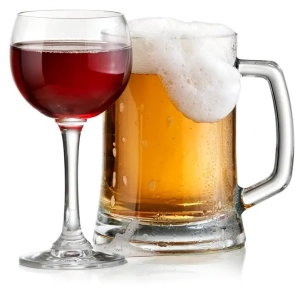
Posted: Saturday, 16 Nov 2024 07:57
Study: Beer Drinkers have the unhealthiest Diet
 You have heard of food and wine pairings. But what about food and beer pairings? Apparently, they’re not very healthy. People whose choice of alcoholic beverage is exclusively beer tend to have particularly poor diets. They also are more likely to be less physically active, smoke cigarettes, and have low incomes.
You have heard of food and wine pairings. But what about food and beer pairings? Apparently, they’re not very healthy. People whose choice of alcoholic beverage is exclusively beer tend to have particularly poor diets. They also are more likely to be less physically active, smoke cigarettes, and have low incomes.
Using a survey of a nationally representative sample of more than 1,900 U.S. adults who reported current alcohol consumption, researchers compared the diet quality among people who consume beer only (38.9%), wine only (21.8%), liquor only (18.2%), or a combination of alcohol types (21%), measuring self-reported eating habits against the Healthy Eating Index, a validated standardized tool based on dietary guidelines.
Their self-reported eating habits were then measured against the Healthy Eating Index, a scoring metric that can be used to determine the overall quality of someone’s diet. The alarming study found that none of those four groups were anywhere near a score over 80, indicative of an adequate diet, but one group stood out as the lowest.
Wine drinkers were found to be at around 55, while spirits-drinkers and those having different types of drinks clocked up close to 53 points. But beer drinkers, who were more likely to be male, younger, smokers, and have a low income, ranked lowest with 49.They also reported the highest daily caloric intake and getting the least amount of exercise, factors that put them at higher risk of obesity and diseases related to it, according to the research team.
The average score for people ages 19 to 59 years old nationwide is 57 in the US, according to data published by the US Department of Agriculture, according to a report by WebMD.
In fact, Dr Madeline Novack, chief resident at Tulane School of Medicine’s internal medicine residency program and lead author of the study, issued a warning over the scale of alcohol related illness, saying: “Alcohol overuse is the leading cause of cirrhosis in the U.S., and metabolic dysfunction-associated steatotic liver disease (MASLD) is rapidly increasing.
She noted that wine, particularly red wine, is often drunk alongside more balanced meals featuring meat, vegetables and dairy. Beer, on the other hand, is often knocked back in places where food is low in fiber and high in carbohydrates and processed meats. It was also suggested that the food we may eat also influences the choice of alcohol, with fried or salty foods creating a thirst that makes people crave beer over other drinks.
As one may notice there is no cause-effect relationship in beer vs. wine which has generally more calories than beer but more desirable, according to the Study.
Subhash Arora




